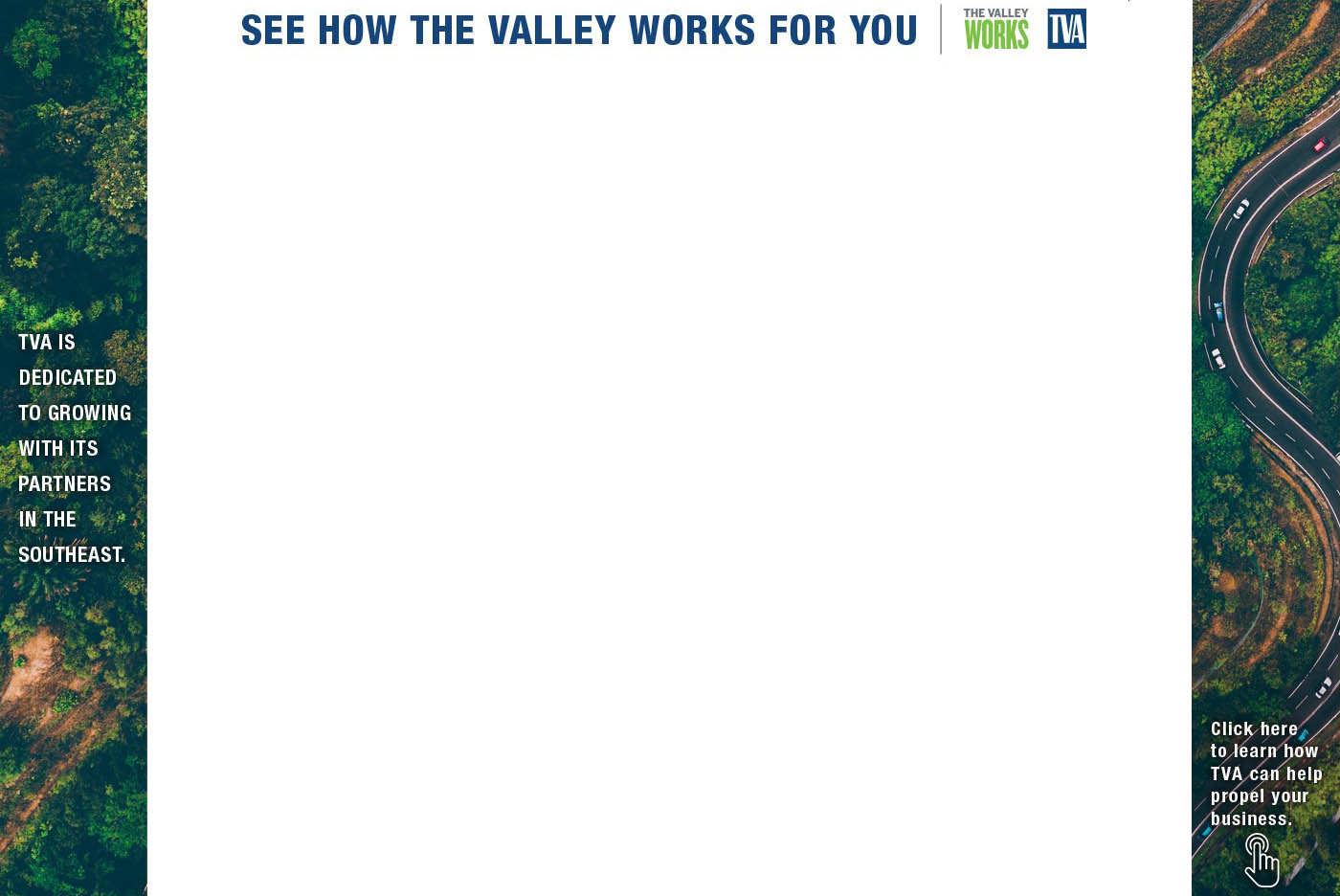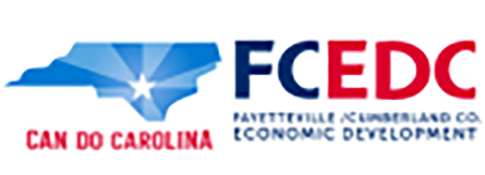I’ll believe North Carolina will land the Toyota-Mazda Big Kahuna when they write the check
By Michael Randle, EDITOR

Some are saying that North Carolina is the front-runner for Toyota and Mazda’s proposed $1.6 billion, 4,000-employee plant that the Japanese automakers are shopping around the U.S. The advantages are numerous for the Tar Heel State, sources say. They cite four excellent megasites in the state — two in Chatham County near the Research Triangle, one in Randolph County near Greensboro and another in Edgecombe County near Rocky Mount. North Carolina also has one of the largest workforces in the South in an age of very tight labor.
Also weighing in North Carolina’s favor, some sources say, is the fact that the state is not currently home to what we call a “Big Kahuna,” or a major automotive assembly plant. Plain and simple, automotive plants are the Big Kahuna in economic development. No projects have the economic effect that an automotive plant has on a state, multi-county region or a city. Simply put, they are the largest drivers of wages in the South. In 22 of the last 23 years, the automotive industry has led all sectors in the region — services or manufacturing — in large projects of 200 jobs or more.
Arkansas, Florida, Louisiana, North Carolina, Oklahoma and Virginia are the only states left in the South that are not home to at least one major automotive assembly plant. Louisiana and Oklahoma were home to GM plants, but those closed in the last 12 years.
Of those states void of a major automotive assembly plant, North Carolina and Virginia would be ranked No. 1 and No. 2 in the prospect of landing one in the Southern Automotive Corridor. After all, North Carolina was a finalist for the Toyota plant that ended up in Blue Springs, Miss., in 2007. The state was also a finalist for the Mercedes-Benz plant that announced in Alabama in 1993. In both cases, North Carolina was outbid badly by Mississippi and Alabama when it came to the incentive packages offered.
Just like those two projects, North Carolina will have to pony up for the Toyota and Mazda joint venture, unlike it has ever done for a large job generating deal. The largest incentive package I can recall that North Carolina has doled out over the last 25 years was to Dell when it opened a computer factory in Winston-Salem in 2005. That package totaled over $200 million. However, Dell didn’t even get a whiff of a large portion of that $200-plus million. The plant closed four years after opening and most of the incentives paid to Dell were returned to state and local agencies via claw back provisions.
North Carolina has written into its state budgets this year and next up to $50 million in incentives toward a “transformative” project. According to the provision, that amount could be offered by the state for a project of $4 billion in capital investment and a 5,000-employee commitment. Let me tell you, it’s going to take a lot more than $50 million to land this latest Big Kahuna. In fact, it might take $500 million to land the project, which will be the most efficient automotive factory in the world using artificial intelligence and connectivity to build automobiles. Toyota will most likely make electric Corolla models and Mazda will make electric SUVs at the proposed plant.
Other than the aforementioned sites in North Carolina, we’ve heard Toyota officials have already looked at the Glendale Megasite in Hardin County, Ky; the Huntsville Megasite in Limestone County, Ala.; and the Memphis Megasite in Haywood County, Tenn. It should be noted that in addition to Toyota’s plant in Mississippi, the automaker has an engine plant in Huntsville, Ala., and its largest U.S. plant in Georgetown, Ky. Again, in an age of very tight labor, let’s not forget there are thousands of out-of-work coal miners in Eastern Kentucky.
There have been nine new foreign-owned automotive plants built in the Southern Automotive Corridor since Mercedes announced it was building its Alabama plant in 1993. Right up to the day before that transformational Alabama project, The Wall Street Journal had picked a site in Mebane, N.C., as the site for the German automaker.
After decades of being the bridesmaid in auto assembly announcements, this Toyota-Mazda site search could actually end up in North Carolina. But I will believe it when I see North Carolina write the check for this latest Big Kahuna.










